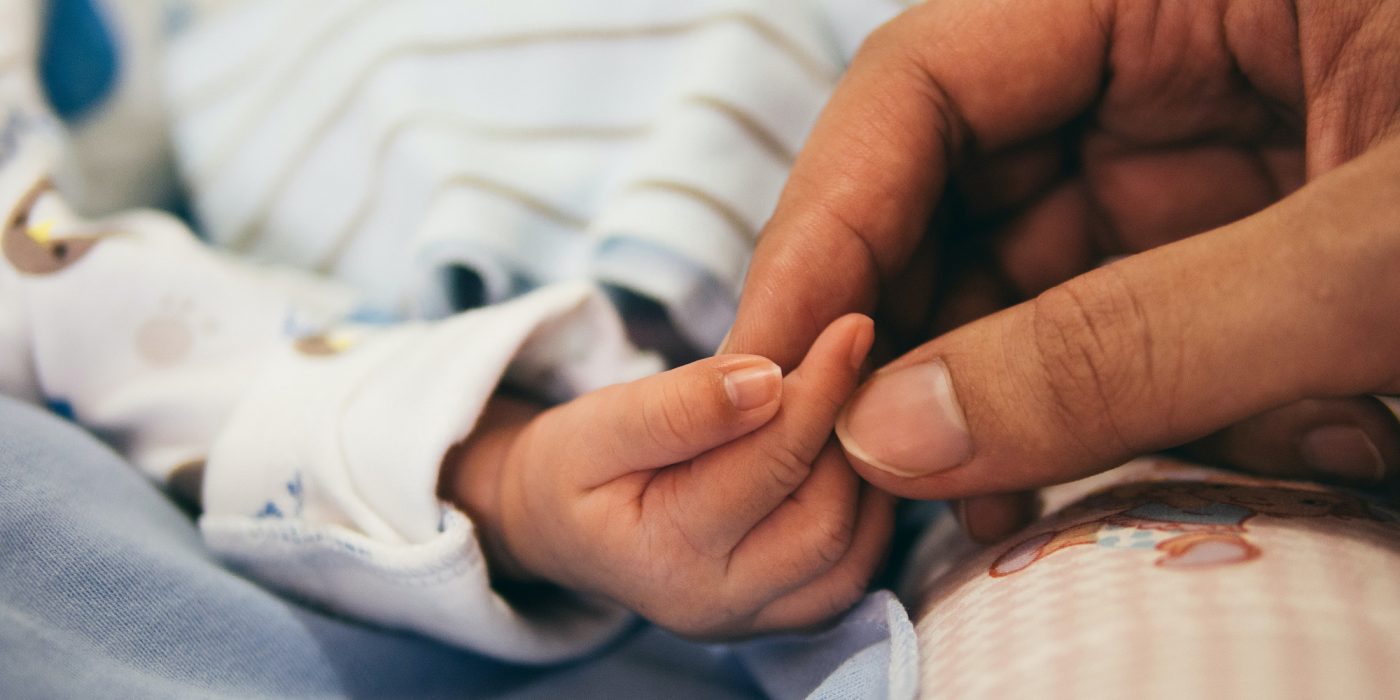Although we’re back to attending in-person events with our Early Learning Nation Studio, we’ll continue to recap top virtual conversations, town halls, webinars and virtual events from the Early Learning field. Stay tuned for more Top Takeaways, and visit our Early Learning Nation channel on YouTube for interviews with leaders from education, child development research, business, politics and more.
Every Family Forward, a new project of the Robert Wood Johnson Foundation (RWJF), elevates the experiences of families and caregivers and children. Part of this work involved partnering with IDEO.org to launch the Care Constellation – an initiative that “funds and supports families, care providers and mobilizers who are leading a quiet revolution in child care.”
On July 15, three child care mobilizers who responded to the Care Coalition Open Call shared their visions in a Zoom conversation. Here are our takeaways.
Chi Offomah, Care Constellation program lead at IDEO.org, led off, describing the work of “centering kids, families and communities in tough circumstances.” She said the conversation would highlight “cultural beliefs and rituals that get in the way of the world we want to live in.”
👉 Visions for the Future of Child Care in the U.S. (IDEO.org)
In her remarks, Krista Scott, senior program officer at RWJF, said reimagining child care entails working to ensure care systems support the wide variety of shapes families take; changing our current systems—and creating new ones—to incorporate family and kid voices and to respond to care worker needs; and using community organizing and coalition building to shift power and build capacity.
1. “Caregivers are selfless people who give give give,” said Julia Arroyo of Young Women’s Freedom Center, who recalled her own experience in the foster system and the juvenile detention system. “When I think of the word caregiver,” she said, “I think it has to include the first person who holds you in their belly.” Mothers without a secure social network, she said, often fear the idea of letting someone care for their children. The question, she said, is “How can I trust so that I can rest?” In response, her organization focuses on building agency and self-determination through
- Holding celebrations called “I Got You Days” to mark transitions
- Hiring young women from the population they serve, “so people can see reflections of themselves”
- Advocacy on issues such as the shackling of pregnant inmates and the so-called Welfare to Work Clock.
- Storytelling, not as confessions but to “shift the narrative”; for example, participants share their birthing stories
- Participatory research (discover the Freedom Research Institute)
Julia Arroyo shares some of the nourishing practices that take place at @YoungWomenFree, "We use education as a practice for freedom. We do a lot of storytelling. We shift the narrative."#CareConstellation 📚 pic.twitter.com/KrgrML2ssw
— IDEO.org (@IDEOorg) July 15, 2022
👉 Discover Every Family Forward’s caregiver stories
2. “Be more vulnerable with the community you have,” advised zahra alabanza of Atlanta’s GoldenSeed Collective. She described being “thrown into caregiving at an unexpected time,” having “inherited” two children. In her case, kinship care developed out of pure necessity. The collective model, which demands accountability, allows everyone to feels seen and appreciated.
Kinship groups like GoldenSeed, which go beyond the heteronormative, patriarchal model of the nuclear family, ensure that parents can thrive, too. Recalling that when she was growing up in the 1980s, “Strangers were part of the care constellation.” She described this practice as “a remembering of what family and tribe have always been,” even going back to ancestral practices. “It’s like a holiday gathering every time we get together,” she smiled.
Parting words from Zahra Alabanza of GoldenSeed, "Give money to the people who are already doing the work so that they can continue to do the work."#CareConstellation 👧🏾
— IDEO.org (@IDEOorg) July 15, 2022
👉 The Nuclear Family Was a Mistake (David Brooks in The Atlantic)
3. “Our work is foundational to society,” asserted Courtney Helstein of Family Forward Oregon. Long before the pandemic, she said, caregivers felt isolated. This isolation is intentionally built into a harmful system, she explained. There is a myth that we’re all on our own, and this myth underpins such policies as means-tested, temporary support for women. It privileges center-based care and a cultural framework formed by and favoring the dominant white culture. And it points society to the question: “Does this family deserve support?” Of course they do, insisted Helstein. The question wouldn’t exist if the myth were dismantled.
Part of FFO’s work involves creating a space where mothers and caregivers show up as their whole selves. “We’re not transactional,” she said. “We’re not using moms. We listen, we ask, ‘What do you need?’”
"There's this sense in this country that caring for your family and your children is a personal problem. I want to work to dismantle that." Courtney Helstein of @familyforward, Oregon.#CareConstellation 👨👨👦👦 pic.twitter.com/OPCbJU1SFO
— IDEO.org (@IDEOorg) July 15, 2022
By sharing their visions for the future of child care, Arroyo, alabanza and Helstein are helping to create a system or systems that work better and for more people.

Mark Swartz
Mark Swartz writes about efforts to improve early care and education as well as developments in the U.S. care economy. He lives in Maryland.



